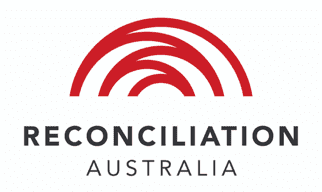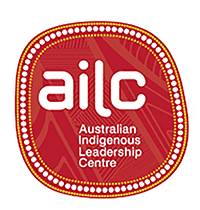See our privacy policy to find out how AIGI handles your personal information.
...

Kanyirninpa Jukurrpa’s (KJ) governance structure is unique, reflecting its commitment to shared leadership and community-driven decision-making KJ’s board of directors ensure equitable representation from...
ALPA is led by an all-Yolŋu board of directors from each of ALPA’s five communities: Galiwin’ku, Gapuwiyak, Milingimbi, Minjilang and Ramingining Two directors are nominated from each community – one a trad...
Yappera Children’s Service Co-Operative is governed by a board of seven Aboriginal and/or Torres Strait Islander directors These directors are elected by Yappera’s membership during the Annual General Meeting...
NPY Women’s Council (NPYWC) began as an advocacy organisation for women in the NPY region Today, it is also the major provider of human services to women and their families NPYWC is governed and directed by Abor...
The bushfire season of 2019-20, commonly referred to as the ‘Black Summer’ bushfires, stands as a significant natural disaster in Australian history Its scale and intensity had far-reaching consequence...
This tool will help you develop an internal process to plan for the future transition of board directors or members of your group Different exercises in this tool will prompt you to consider differently types of k...
This resource offers a comprehensive skills matrix designed to assess the key competencies and capabilities of your board Review the skills outlined in the matrix and evaluate each one based on your board members&...
Kanyirninpa Jukurrpa (KJ) was born from the vision of Martu Elders, who sought to preserve their culture, strengthen connections to Country, and ensure a sustainable future for their people This vision was brought...
Kanyirninpa Jukurrpa (KJ) is committed to safeguarding the authority and control for Martu people over their rich cultural heritage; as well as ensuring their accessibility for current and future generations Throu...

Welcome to the Indigenous Governance Toolkit
AIGI is an independent, non-government, not-for-profit organisation that is a centre of knowledge and excellence in governance.
.png) Reading list
Reading list

We've developed the Indigenous Governance Toolkit as an online resource to help Indigenous organisations, communities, nations and individuals build, strengthen and evaluate their governance.
Each section in the Toolkit focuses on a different element of governance. What’s covered includes your culture, values, leadership, decision making, rules and membership.
You’ll find examples of successful governance from other Aboriginal and Torres Strait Islander groups, resources to help you evaluate your own governance, and useful guidance to sustain you along the way.
Winners and finalists of the 2022 Indigenous Governance Awards share how they work for their community. They talk about navigating two-way governance and staying accountable to their members, community and wider environments. Aboriginal and Torres Strait Islander viewers should be aware that this video may contain images and voices of persons who have passed.
Language and cultural sensitivity
AIGI acknowledges the traditional owners of the land, and pays respect to Elders past, present and emerging.
AIGI may use the terms Indigenous and Aboriginal and Torres Strait Islander interchangeably. The term Aboriginal and Torres Strait Islander is used most frequently to refer to the many nations of Aboriginal and Torres Strait Islander peoples across the continent and islands now called Australia. This aligns with our endorsement of the United Nations Declaration on the Rights of Indigenous Peoples. Wherever possible, care has been taken to reference individual language groups. When we work with specific communities or language groups, we seek guidance from those with authority about the respectful and appropriate language protocols. We acknowledge and respect that terms preferred in different jurisdictions and locations may vary.
Users are warned that historic content on this site may contain language or views which reflect the authors’ attitudes or that of the period in which the items were written. These may be considered to be inappropriate or offensive today.
If there is any information on this website that you consider to be culturally insensitive, inappropriate or inaccurate, contact us.
Deceased persons
Aboriginal and Torres Strait Islanders peoples are advised that this website contains the photographs, voices, names and stories of deceased persons.
For some Aboriginal and Torres Strait Islander communities, hearing the voices or seeing images of people who have passed may be distressing or cause offense.
The Toolkit is a free, public-access document. You can use the Toolkit in many different ways, depending on your circumstances and needs. You can explore it individually or as a group, and at your own pace.
Read the Toolkit just like a book, or jump to whichever topic interests you.
Use the Toolkit to customise your own strategies and solutions.
Use the check-up resources throughout the Toolkit to see how you are going.
Download or print out sections of the Toolkit as you need them.
AIGI connects Indigenous groups, individuals and organisations to world-class best-practice expertise and knowledge

Contact Details



Got Questions?
Help us understand your needs to build a stronger tool for the community.
See our privacy policy to find out how AIGI handles your personal information.
